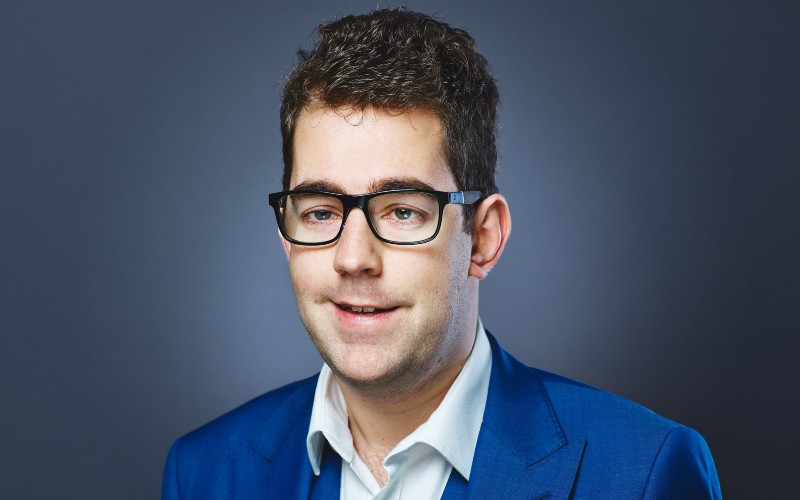A HealthTech business with clients in seven countries around the world plans to double in size as it seeks further equity funding.
Cloud-based care platform CareLineLive has grown to more than 275 customers managing more than 8,000 carers since launching a minimum viable product in 2018. Clients include Home Care Nurses Australia, Clannad Care in Ireland and Coastal Homecare in the UK.
Based in Slinford, West Sussex, the company has raised around £3 million to date, including equity capital from Haatch Ventures and £175,000 Innovate UK funding. Annualised recurring revenues now top £1 million, according to founder and MD Josh Hough.
“The next two years will see us become a profitable business,” a confident Hough tells BusinessCloud.
“We’ve been supported by a fantastic group of private equity investors, both individuals as well as funds. We’re currently targeting to raise an additional £3m which we expect to take us to profitability, by doubling our number of customers and revenue.”
Age UK research claims that the number of over-75s is set to double in the UK and 30% of elderly patients needing care will not get a bed in a care home. Added to the NHS backlog caused by COVID-19, this poses a serious challenge for the care sector.
A cloud-based home care management software platform, CareLineLive digitises workflows and enables home care agencies and their staff to be more efficient.
“Carers are the backbone of homecare and the pandemic has shown how integral they are to keeping families and clients connected,” says Hough. “I’m excited about the innovation coming to the homecare sector and proud to be a part of it, in the UK and internationally.
“Ultimately, there’s no easy fix for [the backlog]. The pandemic hit many of us hard and there are still huge backlogs to tackle. Our mission is not only to empower people to receive better, informed, personalised care at home but also help to ease the strain on the NHS too.
“By using our app, carers and their managers can easily pick up and monitor small changes to their clients’ health. In essence, a preventative approach can be taken. By doing so, clients often don’t need to be taken into hospital, which is helping to ease the current burden on the NHS and also giving clients the comfort of being cared for in their own homes.”
Hough, who founded his first business at 15 and spent much of his childhood in a wheelchair due to a muscle weakening disorder, adds: “Recruitment and retention is a huge problem in the care sector. Not only have factors such as Brexit and the cost of living crisis added extra pressure to home care agencies and carers, but as a whole it’s a poorly paid role with often long, unsociable hours.
“We know that many carers choose this role because they care about making a difference to people’s lives. And we want to give back to them. Our technology empowers carers by reducing the amount of admin that they do, with tasks like recording notes.
“It allows them to easily give feedback to agency managers and a client’s family and friends. It gives carers real-time information which ultimately allows them to focus on what they do best, delivering quality person-centred care to clients.”


